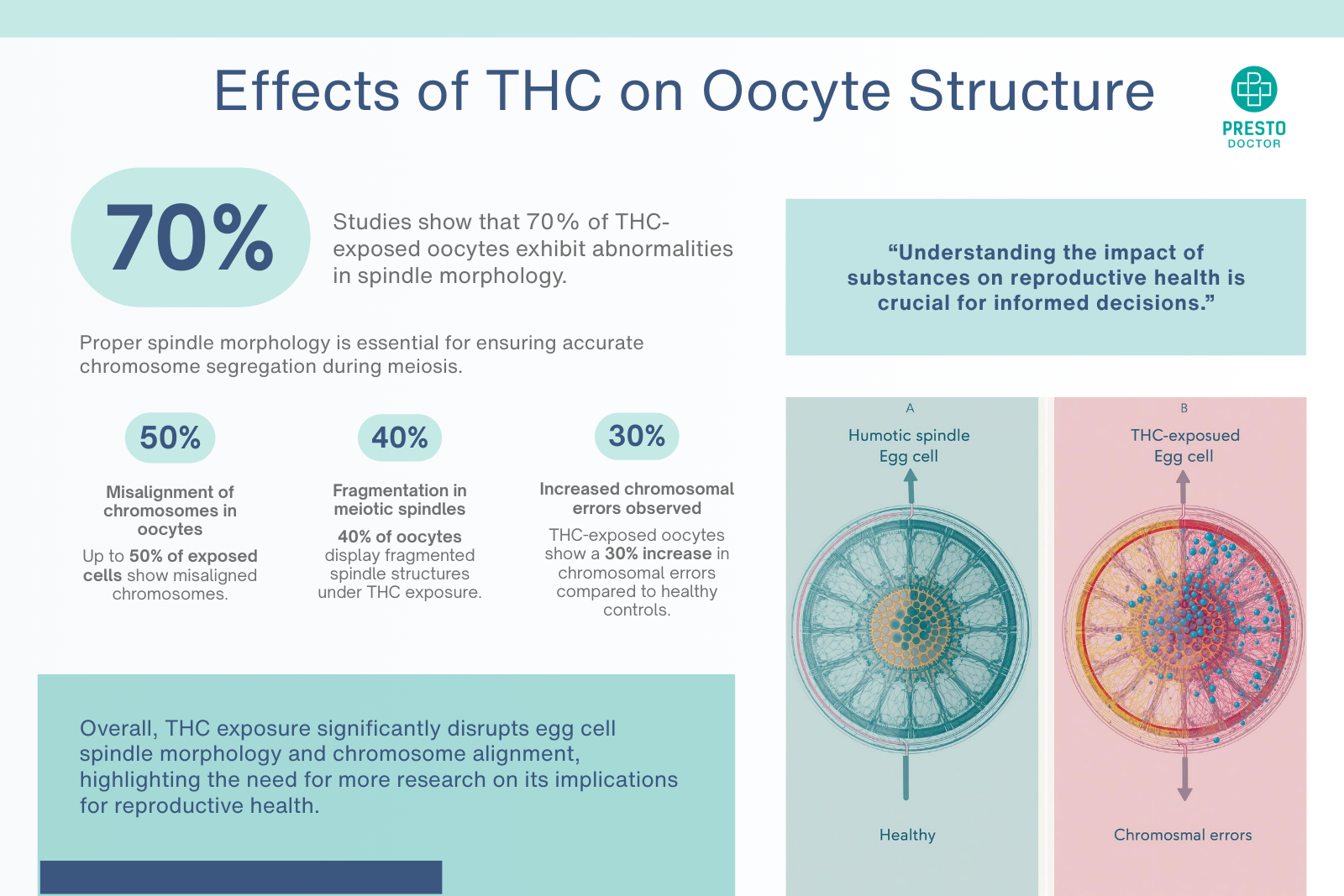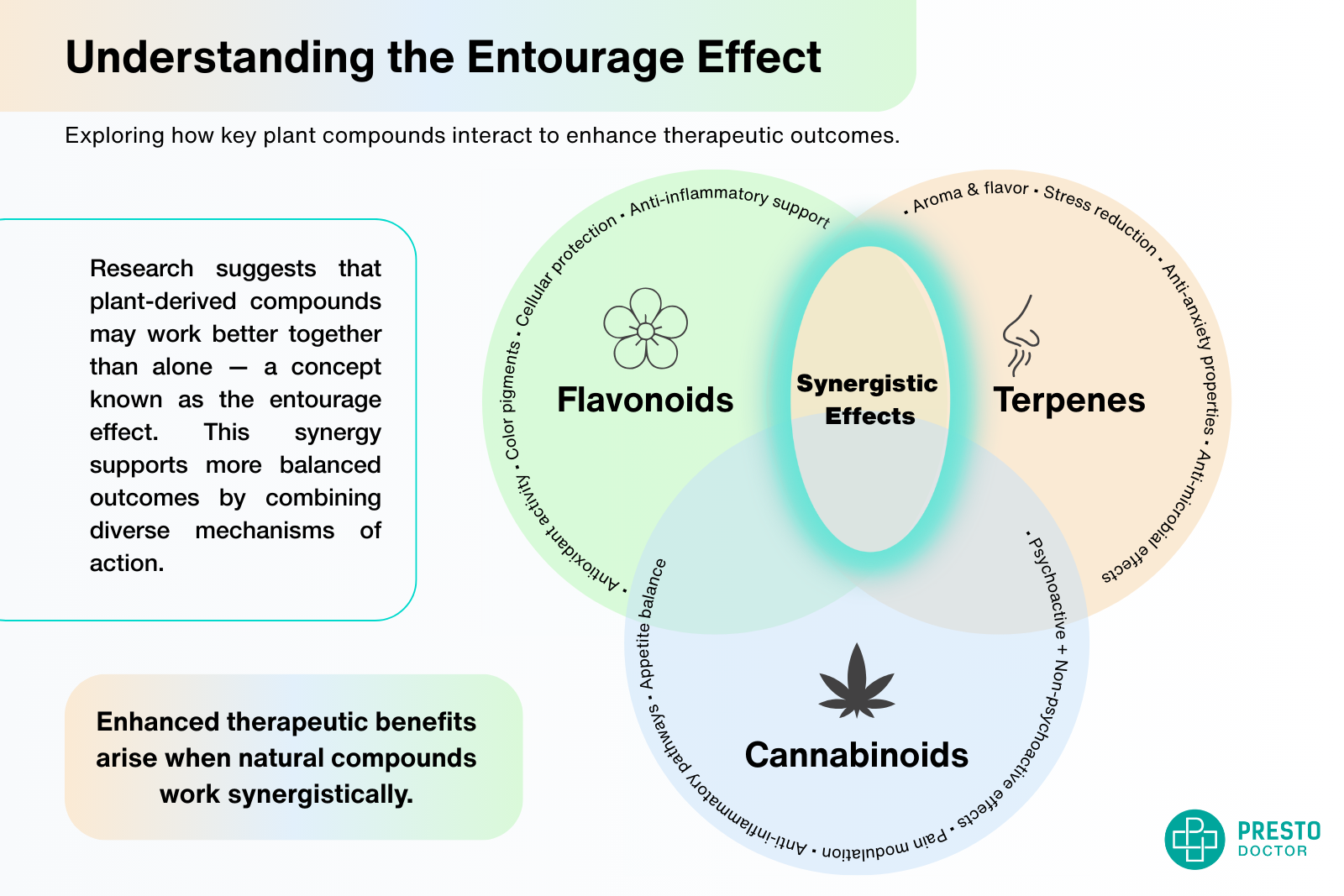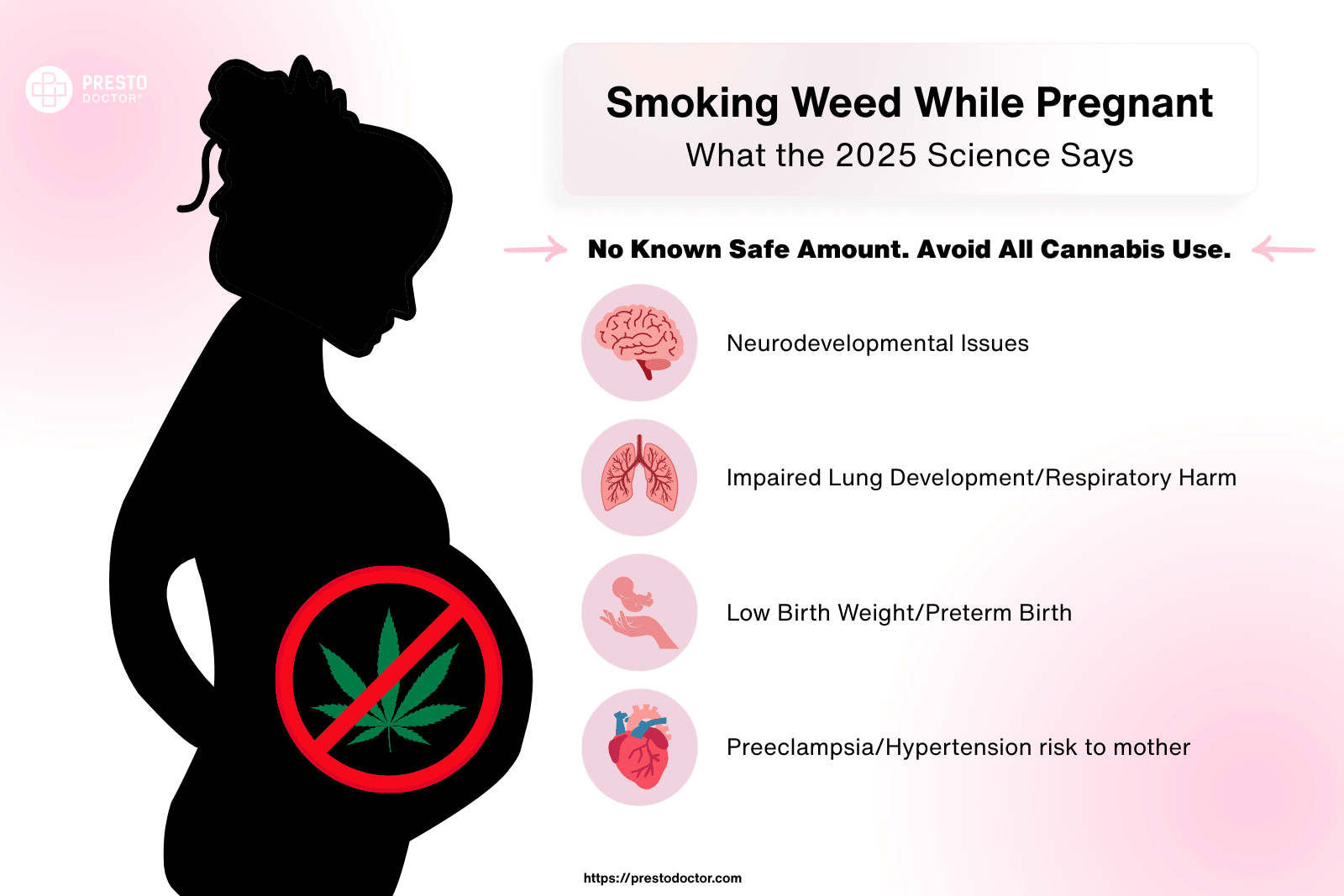
New Research on THC and DNA
Recent research from the Institute of Psychiatry, Psychology & Neuroscience at King’s College London and the University of Exeter reveals that the use of high potency cannabis leaves a distinct signature on DNA. Published in Molecular Psychiatry, this groundbreaking study is the first to establish a link between high potency cannabis. High potency cannabis is defined as cannabis with a THC content of 10% or higher—and alterations in DNA methylation.
This article explores the interconnection between cannabis and DNA and the biological effects of high potency cannabis.
What Is DNA Methylation and How Does It Relate to Cannabis?
DNA methylation is a biochemical process that affects how genes function without changing the underlying DNA sequence. Essentially, it controls whether genes are “switched on” or “off,” influencing various biological processes, including immune function and brain activity. The process of DNA methylation is key to understanding how environmental factors, such as substance use, can leave a long-term mark on our genetic makeup.
The study analyzed blood samples from 682 participants, including both those experiencing their first episode of psychosis and healthy controls, to assess the specific impact of cannabis use on DNA methylation.
Key Findings: High Potency Cannabis and DNA Alterations
The study identified several notable DNA changes in frequent users of high-potency cannabis, particularly in genes that play a role in mitochondrial and immune functions. Key findings include:
- Changes in CAVIN1 Gene: Alterations in the CAVIN1 gene, crucial for mitochondrial function, were observed. This could affect energy production and overall cellular health.
- Immune System Impact: Changes in genes related to immune responses may influence how the body reacts to infections and inflammation.
Importantly, these changes were not under influence by tobacco use, which commonly accompanies cannabis consumption. This ensures that the findings reflect the direct impact of THC on DNA.
Implications of DNA Changes
The biological pathways affected by high potency cannabis and DNA methylation raise important questions about mental health. With cannabis use rising globally, particularly strains with high THC content, understanding its effects on DNA is critical for assessing potential risks, including the onset of psychosis.
Potential Uses in Mental Health Treatment
This research suggests that DNA blood tests may one day serve as a tool for identifying individuals at greater risk of mental health issues due to cannabis use. This could be particularly valuable in both recreational and medicinal cannabis contexts. It can help guide treatment plans and allow early interventions for those susceptible to psychosis or other conditions.
Future Directions
As the use of high potency cannabis continues to increase worldwide, further research into its biological impact is essential. Key areas for future research include:
- Long-Term Studies: Ongoing research should explore the long-term effects of cannabis on DNA methylation across larger and more diverse populations.
- Animal Models: Animal studies could help to uncover more detailed pathways linking cannabis use to DNA changes. This may offer deeper insights into the biological mechanisms involved.
- Therapeutic Applications: Understanding how cannabis influences DNA might pave the way for new therapeutic approaches in treating or preventing cannabis-related mental health issues.
By continuing to explore these areas, researchers hope to shed more light on the connection between cannabis and DNA. Thus, leading to more effective public health policies and clinical practices.
Conclusion: Unveiling the Genetic Impact of Cannabis Use
The study from King’s College London and the University of Exeter marks a significant step in understanding how cannabis, particularly high potency strains, interacts with our DNA. By altering genes involved in energy production and immune responses, cannabis use may have more profound health consequences than previously thought, particularly in terms of mental health.
In the future, research studies such as these may lead to more targeted prevention strategies and safer cannabis consumption overall.






